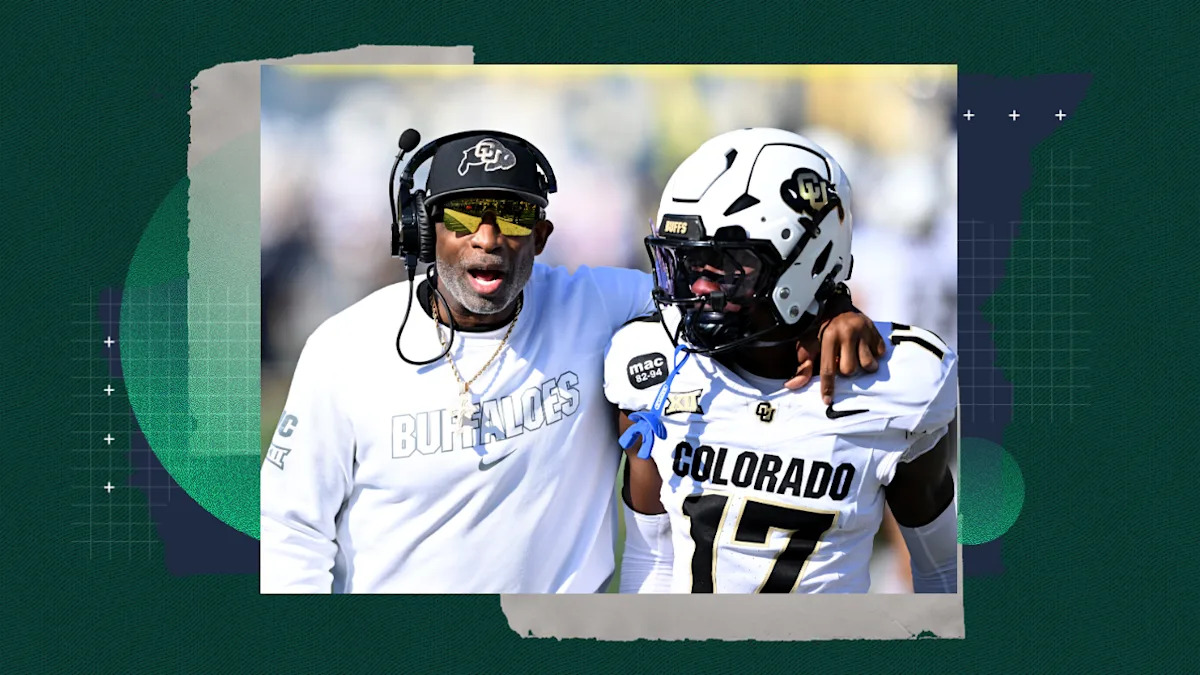By Martin Graham
Premier League refereeing head Howard Webb has backed the match officials after Liverpool’s disallowed goal against Manchester City, saying their call was “not unreasonable.”
Virgil van Dijk’s first-half header in Sunday’s 3-0 defeat was ruled out after Andrew Robertson was deemed to have interfered from an offside position. Referee Chris Kavanagh and assistant Stuart Burt concluded that Robertson’s movement affected goalkeeper Gianluigi Donnarumma, a decision later confirmed by VAR Michael Oliver.
Liverpool formally contacted the Professional Game Match Officials (PGMOL) on Monday, arguing that the offside criteria had not been correctly applied and the goal should have counted.
However, Webb said on the Match Officials Mic’d Up program that the officials’ interpretation was valid, even if opinions differed.
‘Interfering with an opponent’ explained
Webb outlined the reasoning behind the call, describing the sequence that led to the disallowed goal. He said that as Van Dijk headed the ball towards goal, Robertson—standing offside in the center of the six-yard box—made a clear motion to duck under the ball.
Although Robertson did not touch the ball, Webb noted that his proximity to Donnarumma and the deliberate action to avoid contact created a subjective situation for the referees to assess.
“The player is very close to the goalkeeper, the ball travels straight towards him, and he has to lower himself to avoid it,” Webb said. “The officials judged that this movement could affect Donnarumma’s ability to react and attempt a save.”
He added that the decision fell into the category of “interfering with an opponent,” one of the most nuanced offside scenarios for officials to interpret.
Why VAR did not intervene
According to Webb, the Video Assistant Referee reviewed the incident and agreed that the on-field call did not meet the threshold for a “clear and obvious” mistake.
He explained that the VAR’s role was not to reassess the judgment entirely but to determine whether the decision made by the referee was plainly wrong. “Only the goalkeeper truly knows if he was impacted,” Webb said, “but when we see the player’s position and his ducking movement so close to the keeper, it’s understandable why the VAR did not overrule the call.”
He also pointed out that interference does not always depend on obstructing a goalkeeper’s line of sight. Even if Donnarumma could see the ball, the presence and motion of an offside player nearby can cause hesitation, influencing the keeper’s reactions.
Webb draws contrast with past incident
Liverpool manager Arne Slot compared the episode to a Manchester City goal against Wolves last season, where Bernardo Silva was in an offside position but the goal was eventually allowed after a VAR review.
Webb, however, said the two cases were not identical. He noted that in the earlier incident, John Stones’ header went directly over Wolves goalkeeper José Sá and not over Bernardo Silva, who had moved away from the flight of the ball.
“In that moment, there was no clear effect on the goalkeeper,” Webb explained. “If the ball had passed over Silva’s head, possibly causing Sá to hesitate, the same offside ruling might have been applied. But in this case, the situations were different, and the decision to disallow Van Dijk’s goal was consistent with the laws.”






















.webp?ssl=1)

